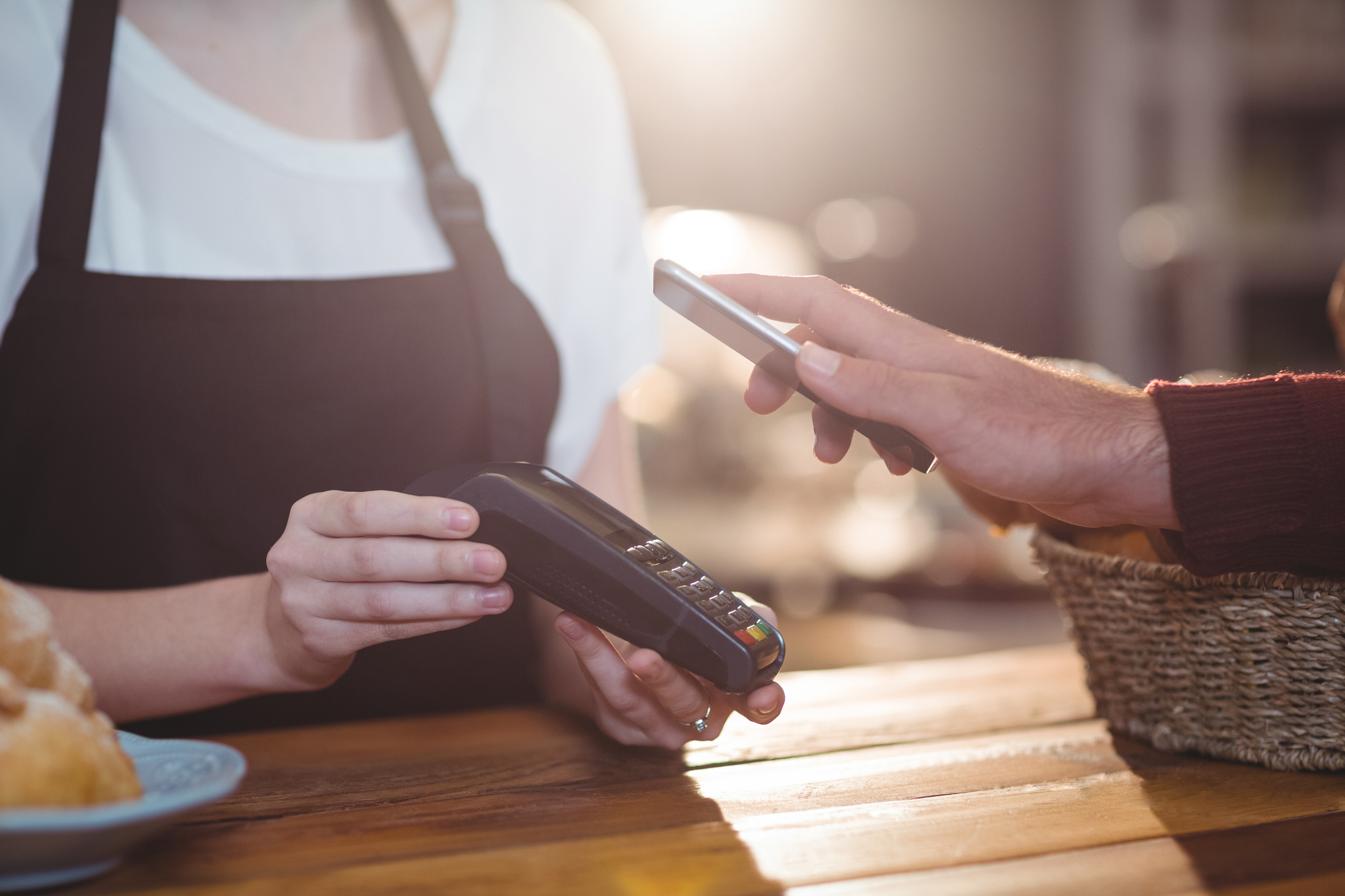The use of mobile technology has become an imperative for virtually any kind of online business to convenience customers. To maintain those customers, many businesses now use mobile loyalty programs. Unlike other loyalty programs, these work on a different level from the old process you remember.
If you remember when customers had to store a card in their wallets to become a part of your loyalty program, you can reinvent things using a mobile device.
We'll help make this happen with mBeaconPay and mBeaconSAM at Netclearance.
How Has Mobile Changed Loyalty Programs?
As Forbes notes, loyalty programs work digitally now so customers don't have to use a card. Storing the program in a mobile wallet ultimately allows more awareness of participation.
Using this method puts you in a more advantageous place since you can send mobile alerts to customers about loyalty program incentives. As part of your new push to connect more personally with customers (in real-time), this is one of the best solutions.
For business partnerships, it's also invaluable. When someone buys one of your products in a certain location, you can alert a customer about a coupon available for a discount on another product.
Finding the Right Technologies to Make Loyalty Programs Work
At Netclearance, our mBeaconPay platform already helped manage ways to offer mobile pay programs for customers. Our more recent mBeaconSAM takes things even further by being the first commercially available Bluetooth 5 payment beacon.
This works well with not only mobile devices, but also wearables. Any loyalty program you use becomes all the more convenient and accessible.
Thanks to proximity marketing capabilities, you can capture people in the moment to take advantage of your loyalty program. Because the beacon uses bank-grade encryption, the user is going to have more confidence buying something on their mobile device without hesitation.
Visit us at Netclearance to learn how these mobile beacons can change how you've long approached loyalty programs in your marketing efforts.
























